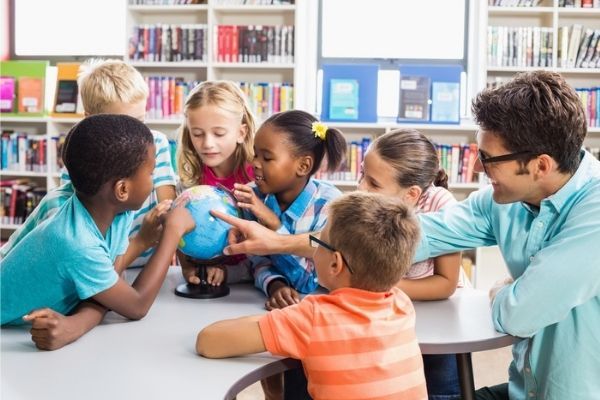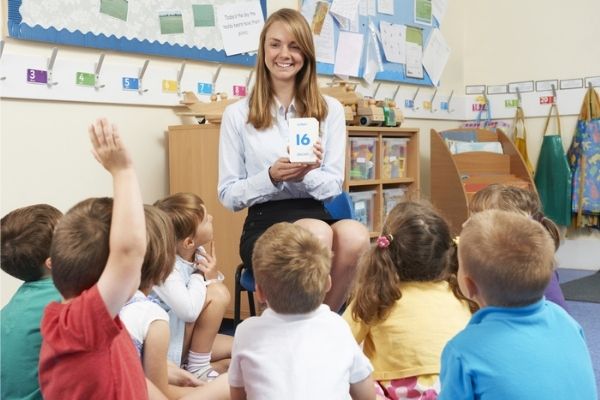The children of today are more developed than previous generations in all aspects of life. Their curiosity for learning, their ability to absorb information on a much bigger scale and their reasoning skills are far more advanced than their predecessors.
Experiences and reality play a huge role in the development of critical thinking and logical reasoning skills in children. There is a limit to what classroom teaching can imbibe in children. This puts a bigger accountability and responsibility on parents and teachers of today to teach children the importance of rational thinking and logical reasoning from a young age itself.
There have been groundbreaking advancements in recent years in the field of education around the world and in India in particular. With a stronger emphasis on experiential learning, the schools of today put rationality and logical analysis at the forefront in molding the generation of tomorrow.

This shift in perspective can be attributed to the 21st Century Skills of Collaboration, Communication, Creativity and Critical Thinking, as followed by the great educators around the world. Collaboration fosters teamwork, shared learning experiences and teaches students the importance of staying interconnected and interdependent. Communication sets the tone in listening and understanding concepts, improving comprehension skills and learning how to read a room and respond appropriately.
Creativity boosts the individuality and creative abilities in students in tackling problems and expressing themselves. And finally, critical thinking, the most important tool to hone, encompasses understanding concepts from the root level and asking the right questions to enhance their learning.
With this in mind, the authorities in India have introduced the National Education Policy 2020 or the NEP for short. The NEP is touted to be a revolution in the field of education in India. For a country that has a vast and rich history in knowledge and academics, the NEP comes at a time when an upheaval in the education system is long overdue. Critical thinking is set to be the driving force of the NEP curriculum with ample focus to be placed on experiential learning, extracurricular activities and in honing the rational thinking skills of students from early on. The NEP places equal importance on extracurricular skills as well with an aim to implement a more holistic approach to education.

Both the 21st century skills and the proposed NEP have one thing in common; both of these have essentially been derived from the Multiple Intelligence Theory by Howard Gardner.
Howard Gardner promulgated that people have different sets of intelligences, eight to be precise. These intelligences are –
- Visual-Spatial Intelligence
- Linguistic-Verbal Intelligence
- Logical-Mathematical Intelligence
- Bodily-Kinesthetic Intelligence
- Musical Intelligence
- Interpersonal Intelligence
- Intrapersonal Intelligence
- Naturalistic Intelligence.
He stated that if students are encouraged to hone their intelligence and pursue a career in the same field, they are more likely to find success in their professional lives.
It is this approach that has been adopted by TIST in our educational curriculum ever since our inception. We at TIST believe that critical thinking and logical reasoning are two of the most important skills that any student should develop from a young age. It is these qualities that help them advance further in their lives, personally, academically and professionally.
Our approach has been multipronged; for children who are gifted with logical analysis capabilities, we offer support to hone the same and for those children who are a little behind, we provide the right environment and resources to develop the same.
Developing logical analysis and rational thinking skills are prerequisites for any young student in navigating today’s world. And we at TIST ensure our students are fully equipped to face any challenge the world throws at them by developing these qualities early on. This philosophy of TIST is what sets us apart from the umpteen other schools out there and undoubtedly makes us the best international school in Kerala.
If you believe in investing for your child’s future, not just academically, but also personally and professionally, it is high time you choose a school like TIST who can provide a well-rounded education and learning environment for your ward.
